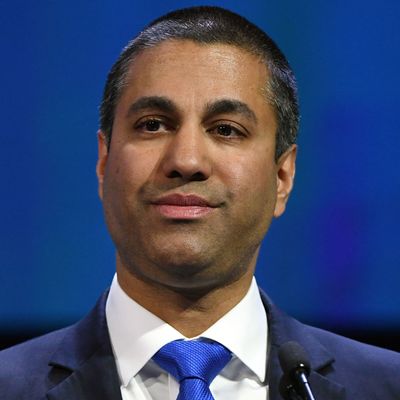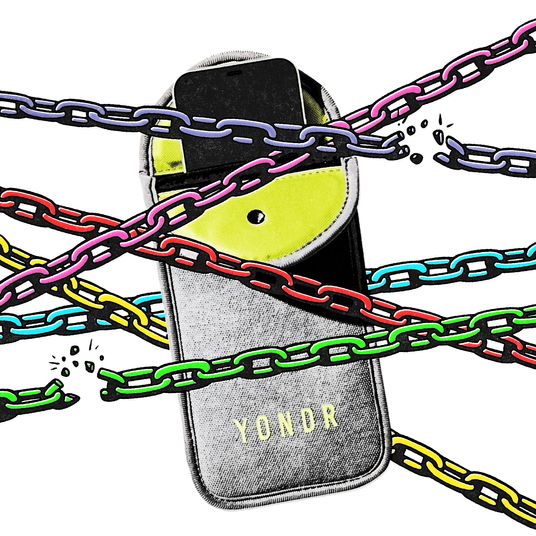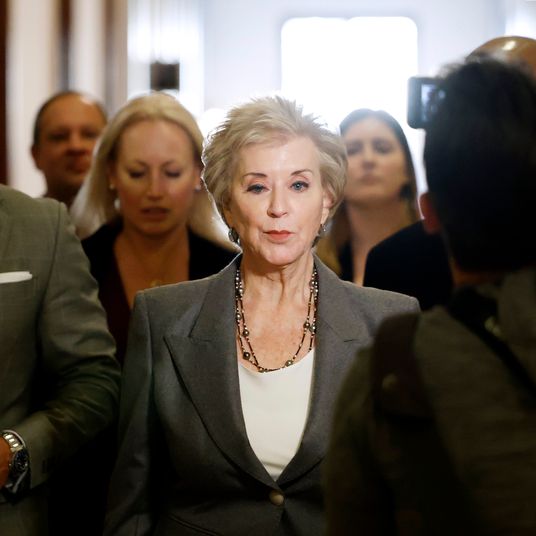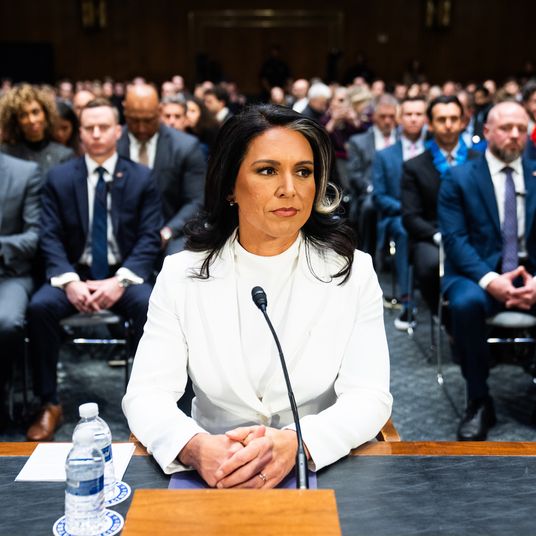
The Federal Communications Commission’s repeal of net neutrality protections, which helped make the internet a slightly less awful ecosystem, is official. After being approved along party lines in December, the FCC has unraveled the 2015 Open Internet Order. That order made net neutrality — the unofficial principle that internet service providers could not discriminate against lawful internet content — the law of the land, and it angered internet service providers trying to wring more and more dollars out of their customers.
The apocalyptic scenario for dismantling net neutrality is that ISPs will block content that they don’t like in order to push their own services, or “extort” online services (known as “edge providers”) into paying up in order to deliver faster load times and more bandwidth. Years ago, even the largest edge providers, like Google and Facebook, vocally supported net neutrality. It’s what allows small startups to compete with billion-dollar conglomerates online. But those same leading companies have mostly gone quiet in recent years as they realize that they can, well, shoulder the costs of this potential extortion and they don’t actually want competition. What this leads to, in our worst-case hypothetical, is a balkanized internet, on which certain websites are only available from certain providers.
Not to jinx it, but the idea of a balkanized internet, in which certain websites were only available from certain providers, is on the extreme end of the possibility spectrum and unlikely to happen. Leading ISPs have spent a lot of money on advertising budgets ensuring you that nothing is going to change (while also lobbying for rules that allow them to enact changes). The reality is any shift will be much more subtle and gradual. Maybe you’ll see some slower load times as ISPs begin to favor one service over the other, or as mobile providers zero-rate certain services (not counting their data toward your monthly limit). Maybe fewer startups will be founded or growing into viable businesses, as they struggle to pay the artificial tolls that ISPs can now enact. These are broad shifts that can be tough to gauge on an anecdotal level. In the meantime, states are enacting their own laws mandating net neutrality or suing over it, and Congress members are being pushed to vote on the issue. An overwhelming majority of Americans on both sides of the aisle support net neutrality.
The fact is that even with net neutrality in place, the internet has become centralized under five enormous companies: Facebook, Google, Amazon, Microsoft, and Apple. They, as much as your ISP, determine what you see online and how you experience it. While Ajit Pai has spent much of his rollback talking disingenuously about spurring innovation and returning legal authority to the FTC, he has been right about one thing: if we want to regulate ISPs to ensure continued innovation, we should also regulate large edge providers like the companies listed above.





























